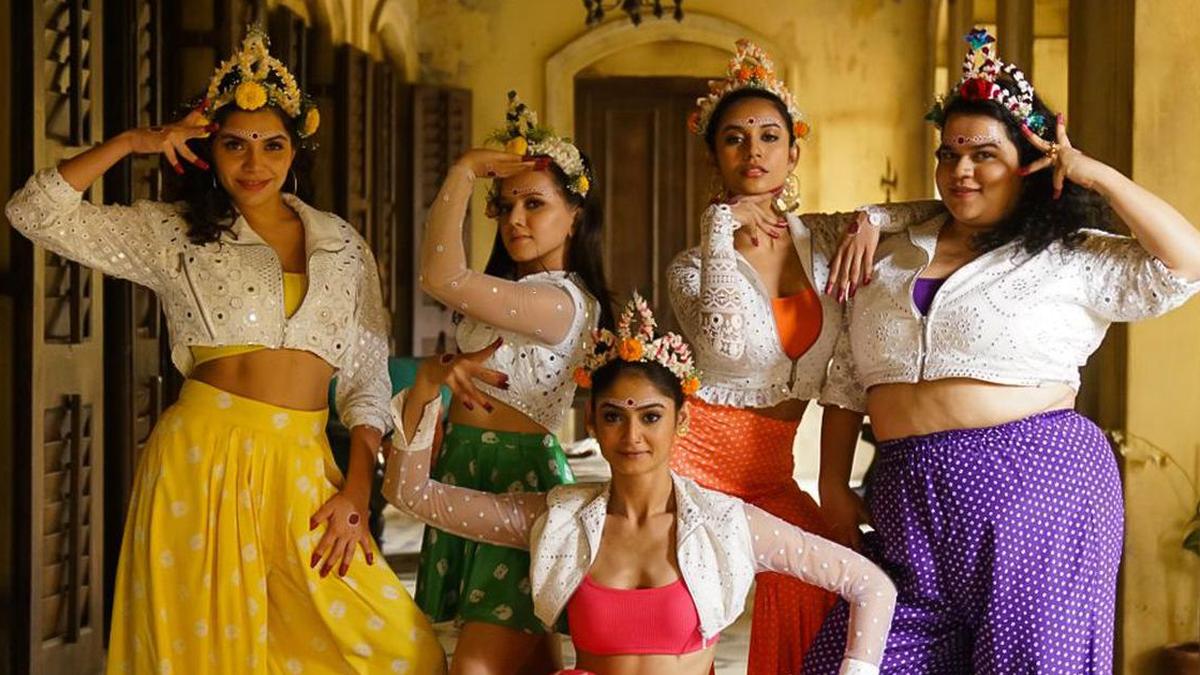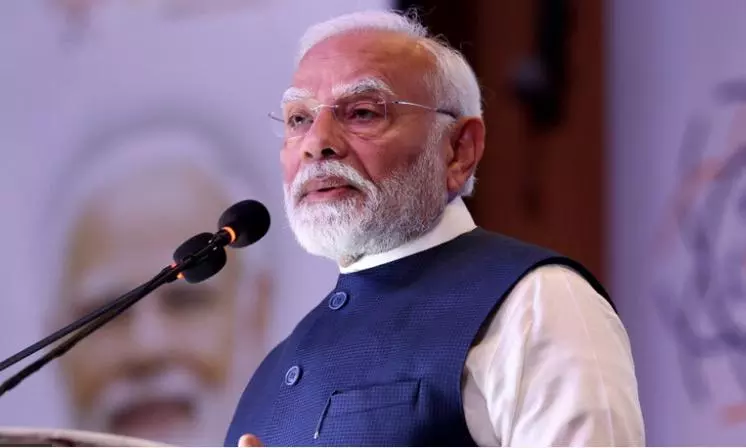
Waack Girls is Sooni Taraporevala’s second consecutive foray onto the (narrative) dance stage. Following up on Netflix’s Yeh Ballet (2020), this time around Taraporevala takes her camera to the bylanes of Kolkata to explore a dance style called Waacking. While infused with an underdog spirit that will naturally make the audience root for the core cast of women, Waack Girls’ script ultimately falls short, dissipating its emotional momentum.
Waacking — a dance style that began as a form of queer expression in the 1970s in the United States, forms the heart of the show. The show makes no secret about the roots of Waacking that were born in defiance of an oppressive environment. The writers also maybe try to mirror that sentiment of the core group discovering Waacking at a time when they themselves are trying to break free.

Lopa (Rytasha Rathore), a young lesbian in Kolkata who dreams of managing an indie group, is first mesmerized by Ishani (Mekhola Bose) perform the dance at a talent hunt, and convinces her to start a group. While Lopa is looking to establish her own identity, going against what her father (Nitesh Pandey) wants, Ishani uses Waacking to reconnect with herself and her late mother, while taking care of her ailing grandfather (Barun Chanda). Lopa’s promises of making this group “the next big thing” attracts others.
Anumita (Ruby Sah) wants a break from her gymnastics training to pursue what she likes, Tess (Chrisann Pereira) wants an escape from her gambling-addict mother (Lillete Dubey), while Michke (Priyam Saha) and LP (Anasua Chowdhury) want to rise above their families’ expectations. The show follows these six women as they take part in underground dance battles, try their hand at making a mark in Bollywood, while traversing iconic locations of the Kolkata landscape. A still from ‘Waack Girls’ | Photo Credit: Prime Video Taraporevala, who is best known for her collaborations with Mira Nair and is credited with writing the scripts of Salaam Bombay (1988), Mississippi Masala (1991), and The Namesake (2006), does manage to locate the soul of Waack Girls , but is only partly successful in giving it life.
Co-written with Iyanah Bativala, and Ronny Sen, in its nine episodes, Waack Girls packs in a lot — not all of which may actively progresses the central plot. And while the subplots may aid in the individual character arc, they don’t flow seamlessly into the group dynamics. By the final episode, the Waack Girls have managed to taste some success but this is immediately undercut by a dramatic cliffhanger, indicating bigger plans for a subsequent season.
Waack Girls, while relying on interpersonal drama, can benefit from mining emotion from its central plot about these women looking for some hope in a decades-old dance. For its second season, if renewed, the show would be well-placed to look internally, instead of searching for a plot away from these women. Waack Girls is available for streaming on Prime Video Published - November 22, 2024 04:22 pm IST Copy link Email Facebook Twitter Telegram LinkedIn WhatsApp Reddit television / reviews / Indian cinema.













